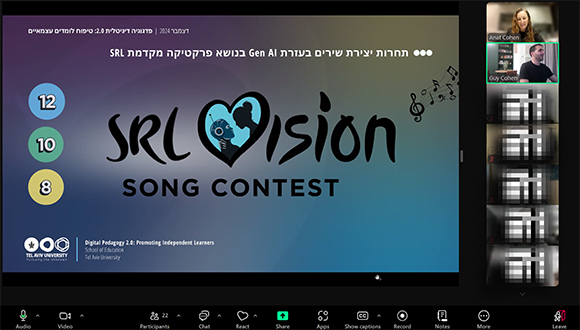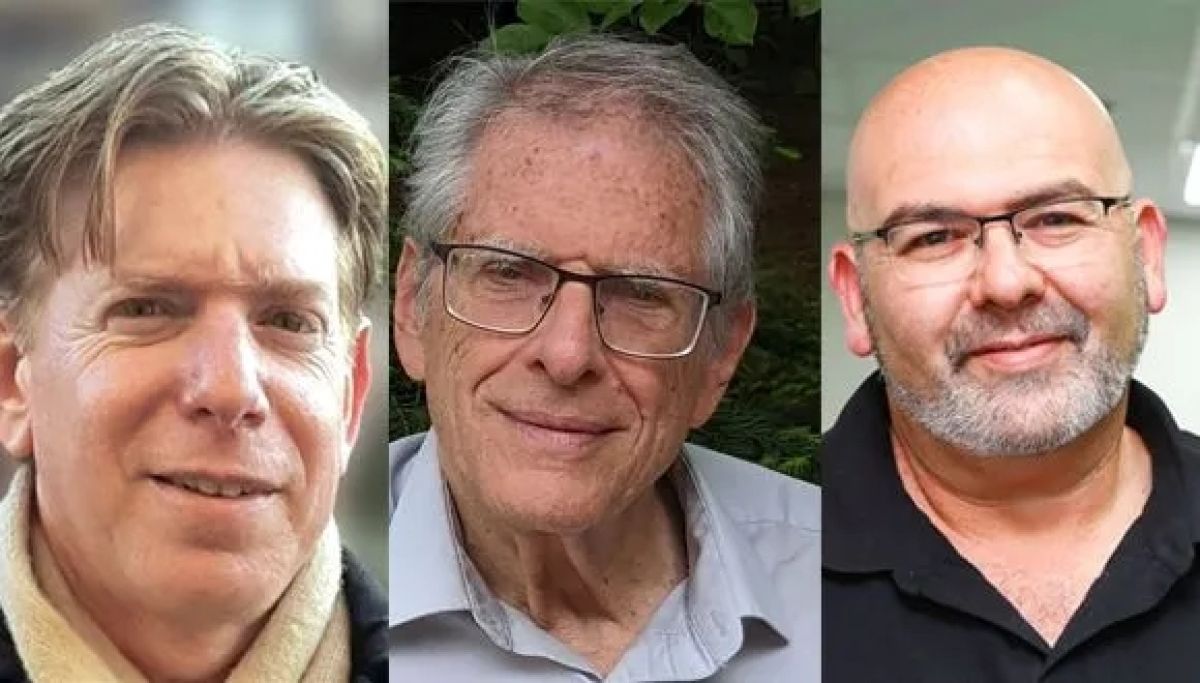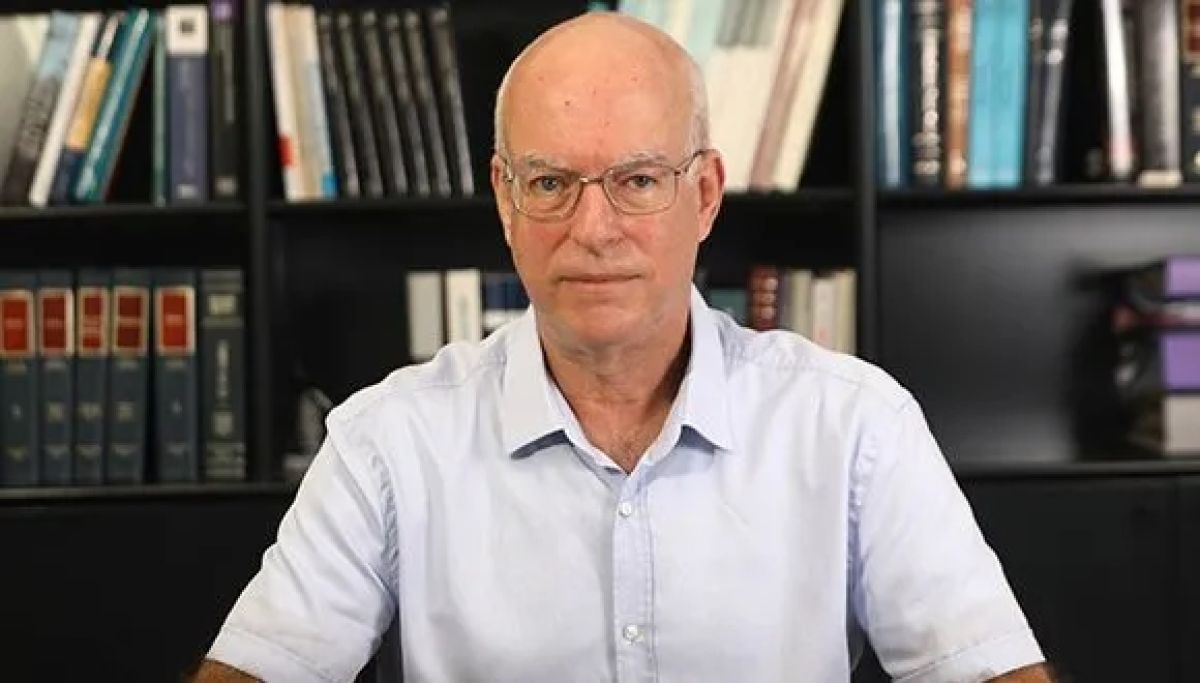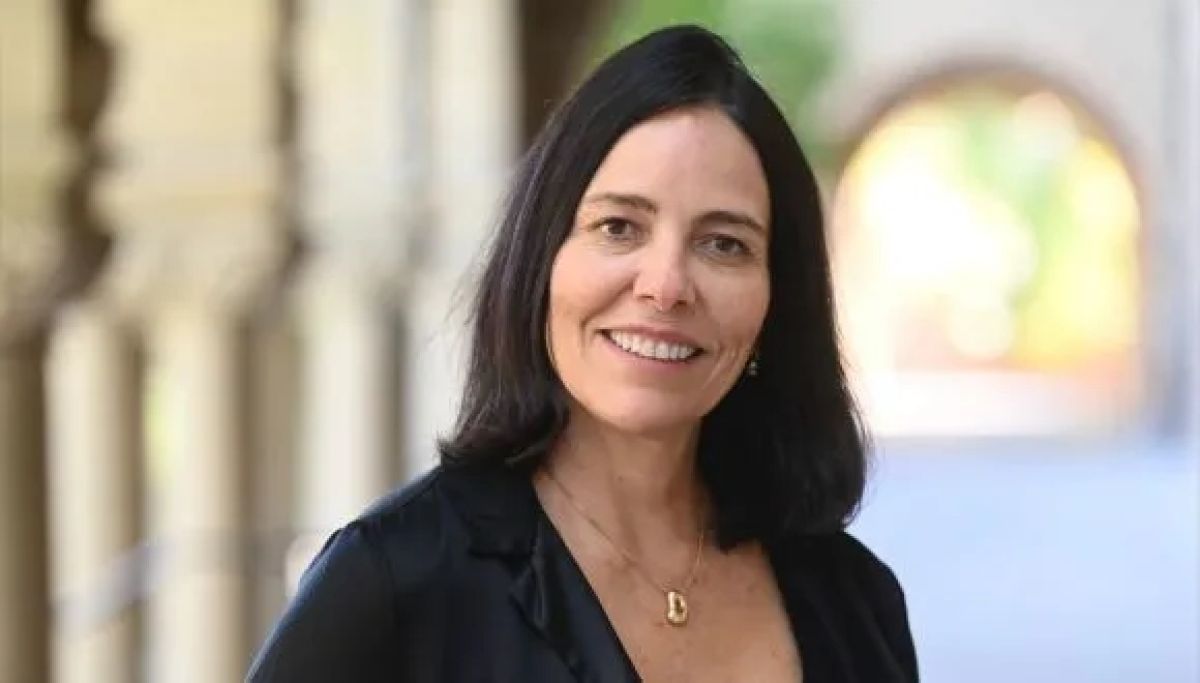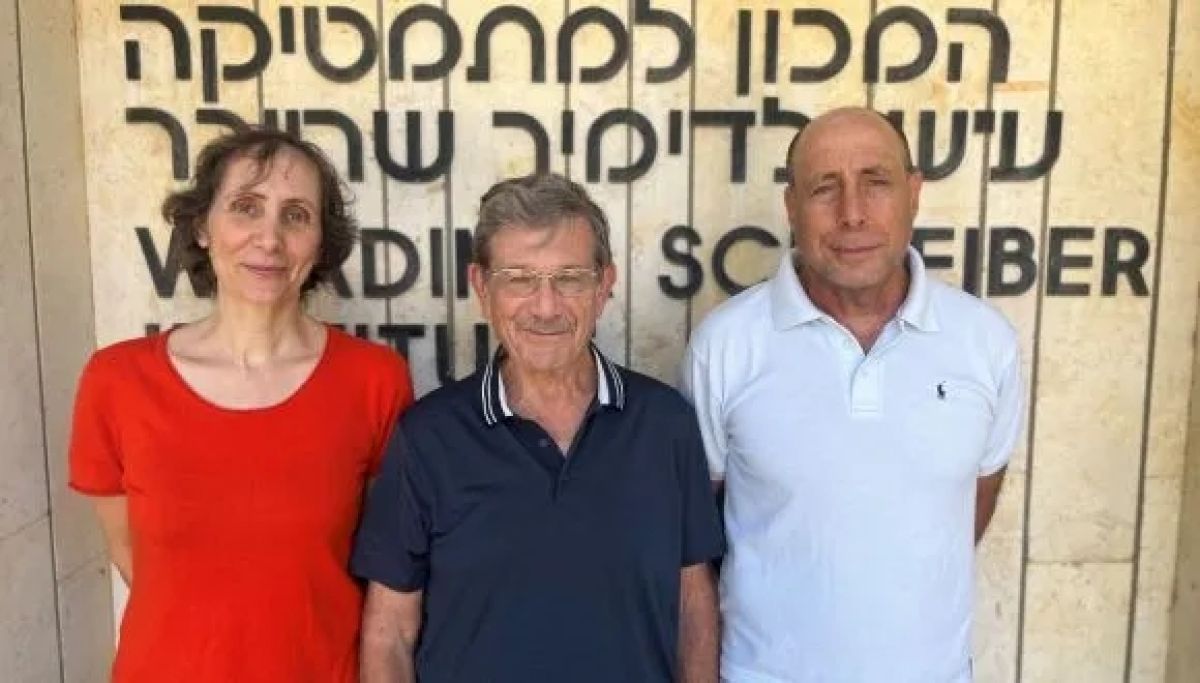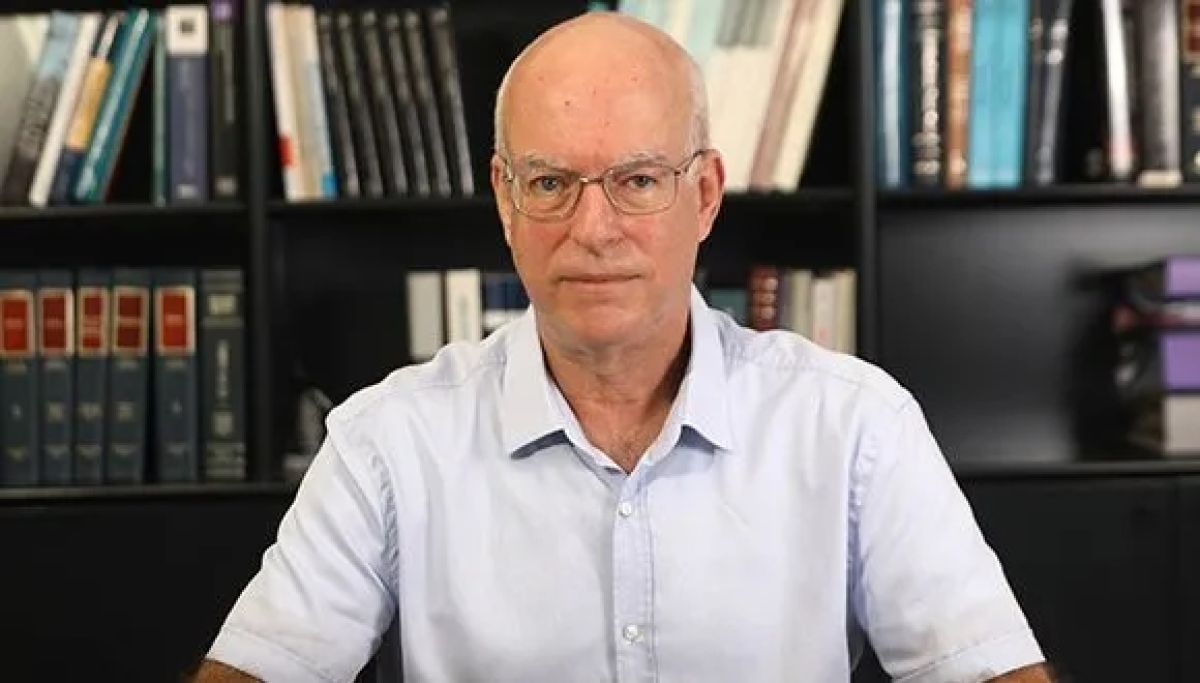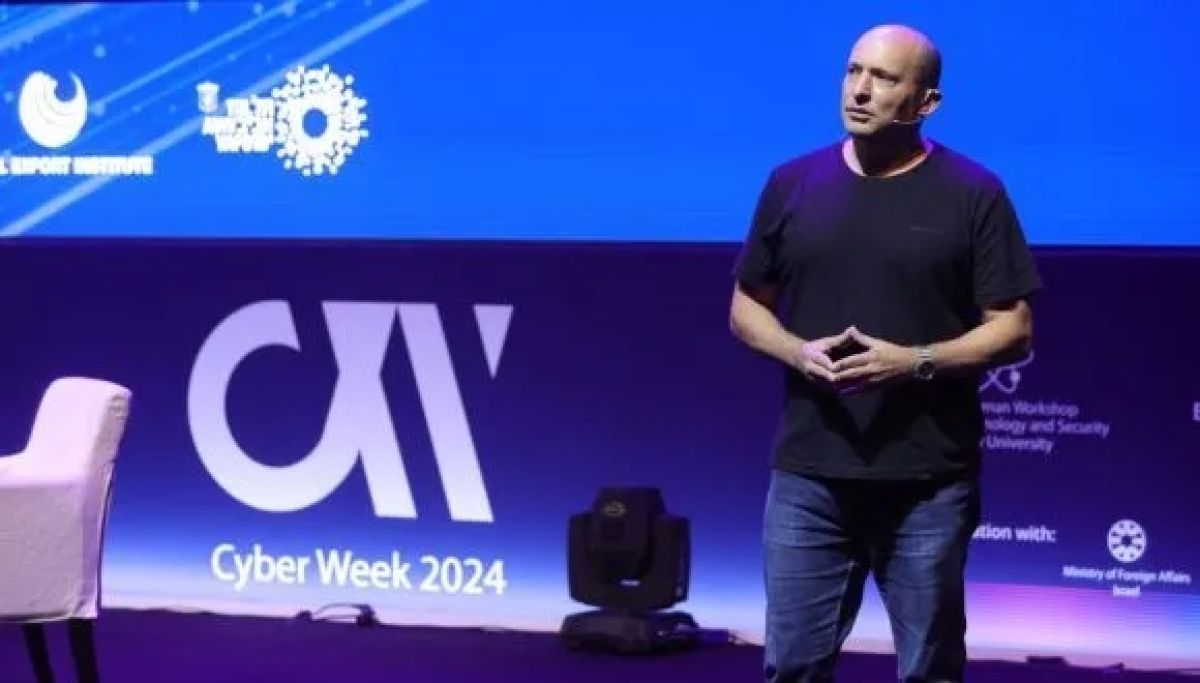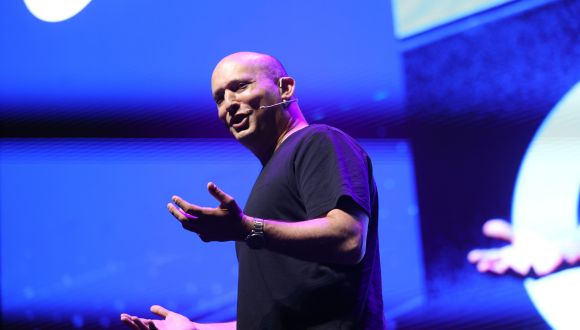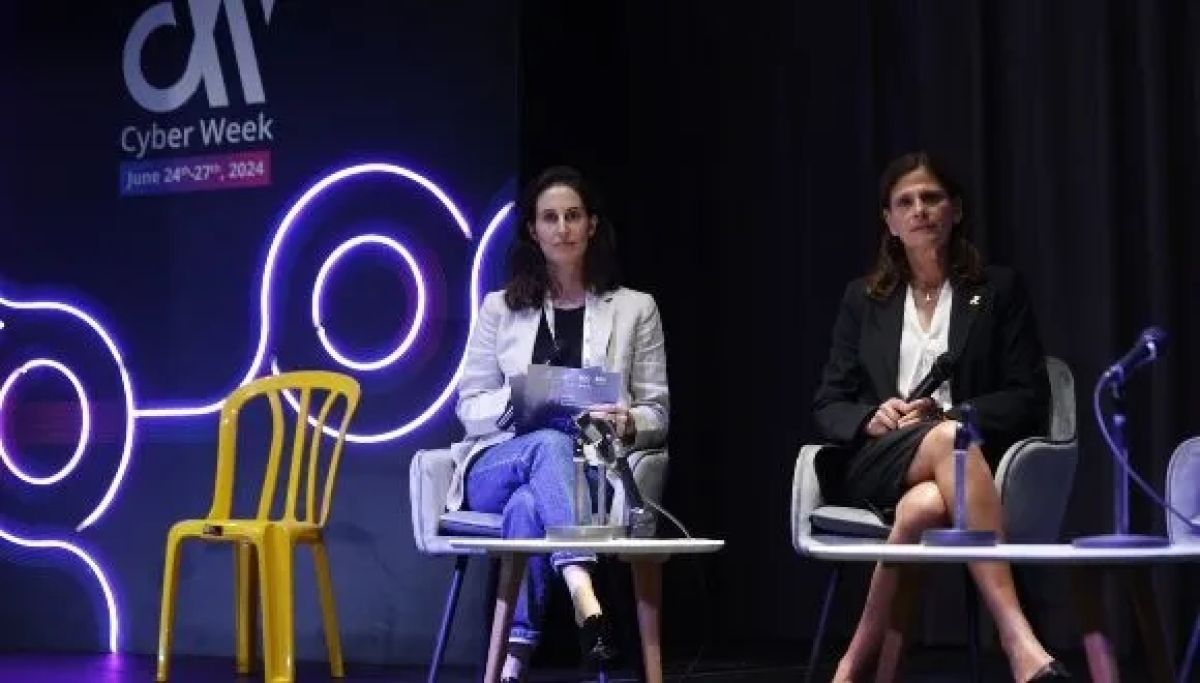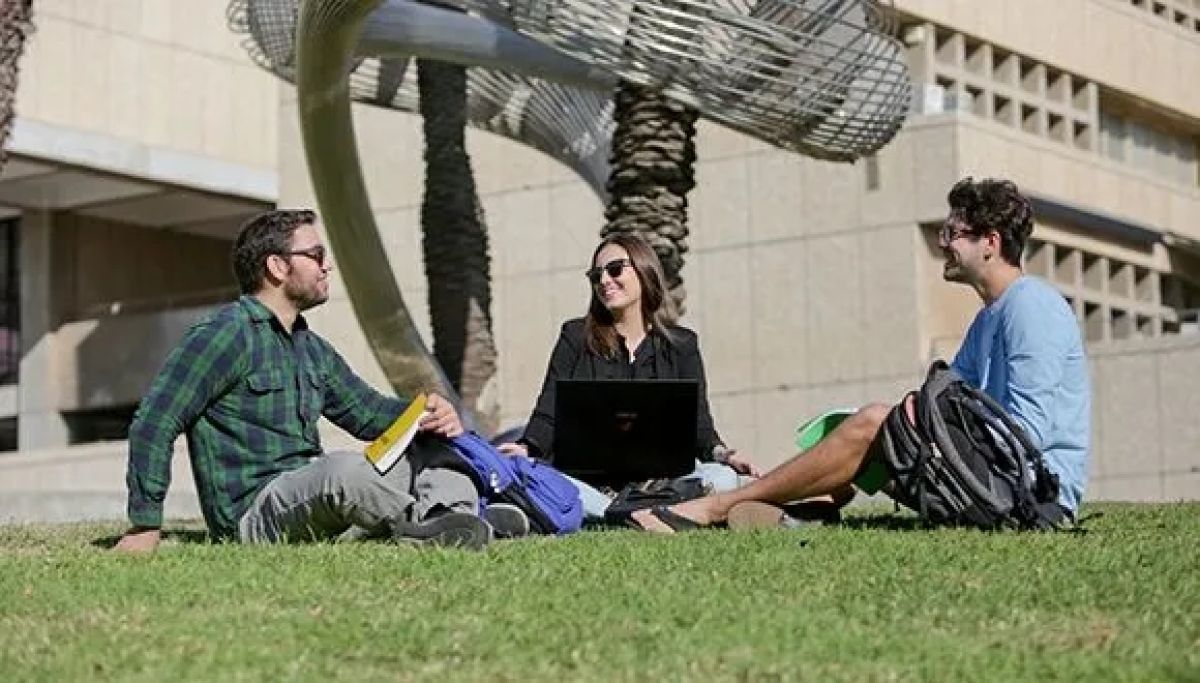Antisemitism is on the rise around the world, spreading at record speeds thanks to social media as well as clandestine online efforts by hate groups and political entities. As part of its simultaneous Cyber and AI weeks, Tel Aviv University hosted “Tech Vs. Hate”, a women-led seminar bringing antisemitism experts together with entrepreneurs using technological solutions to fight online bigotry. In speeches and conversations, participants spoke about steps that can be taken now as well as policies and practices that must be adopted in the near future. The event was also livestreamed to a worldwide audience.
“Words Become Deeds”
Three experts on antisemitism spoke at the seminar: Avi Mayer, former Editor-in-Chief, The Jerusalem Post and Co-Chair of the Advisory Board of Global Jewry; Carole Nuriel, Senior Regional Director of the MENA Anti-Defamation League (ADL) chapter; and Michal Cotler-Wunsh, Senior Policy & Strategy Advisor in Israel’s Special Envoy for Combatting Antisemitism and a former Member of the Knesset.
Each stressed above all that we must take hatemongering online seriously because it rarely stays online. As Ms. Nuriel put it, “words turn into deeds.” Said Mr. Mayer, “as one study found just last year, increases in antisemitic speech and particularly anti-Zionist speech online can help predict real-world antisemitic activity, including both far right threats and violence and far-left antisemitic incidents both on and off campus.”
“Increases in antisemitic speech and particularly anti-Zionist speech online can help predict real-world antisemitic activity.”
Ms. Nuriel went into more detail with statistics from the ADL showing that a growing number of Jews are hiding their Jewishness from peers both online and on college campuses, while over 60% of Jews said they feel unsafe compared to last year. She also emphasized that instances of identity-based harassment have risen in the last year for all marginalized groups. Regarding technology, Ms. Nuriel raised concerns about the lack of effective anti-hate policy enforcement on social media websites as well as the growing role of AI platforms like ChatGPT in spreading disinformation.
Ms. Cotler-Wunsh, who uses her legal training to advise on policies to combat antisemitism, explained that antisemitism may be seen as an “ever-mutating virus” which constantly changes terminology and platforms, making it especially difficult to recognize and fight—and meaning action against one strain won’t take down other strains. For years, she said, “one dominant strain has been anti-Zionism. Zionist is code for Jew, and post-10/7 we are living through the most Orwellian inversion of fact and law that have turned Israel’s image into nothing less than a genocidal state.”
Weeding Out Hate with AI
Even as hate speech rises, innovators and concerned individuals are rising to fight it. Three representatives from startups spoke on how they are using technology in fascinating new ways to stop the spread of hate and misinformation.

From left: Carole Nuriel, Tal-Or Cohen, and Stav Cohen Lasri listen to Maya Shabi present the finance roads for hate groups. (Photo: Dror Sithakol, TAU)
Tal-Or Cohen Montemayor, founder and Executive Director of CyberWell, the world’s first live database of online antisemitism, spoke on how her company uses AI to identify possible antisemitic speech around the internet. It employs human analysts to check each instance and reports them to platforms using those platforms’ own policy language specifically. “We essentially act as an antisemitism compliance officer, advising companies on why they must take down harmful content.”
Co-founder of the startup Savee.AI Stav Cohen Lasri spoke on how her company’s Chrome browser add-on, like CyberWell, uses AI to empower individuals to fight misinformation. The add-on gives users fact-based responses to flagged content that they post to contend with fake news and conspiracies.
Maya Shabi, Senior Risk Strategist of financial risk detection AI EverC, detailed how investigating potential legal issues for big financial firms also gives her company the tools to detect how hate and terrorist groups are funded (usually cash, cryptocurrency, or money laundering) as well as when nations financially back hate and terror. She explained that her team goes “undercover” to figure out what platforms are used to move money and to alert those platforms in order to stop cash flow in its tracks.
“We saw on 10/7 how immediately nation-state actors and organized groups capitalized and weaponized social media algorithms so to hijack the narrative.”
Unfortunately, had the financial industry kept a closer eye on these issues before 10/7, propaganda would not have spread so fast: “We also saw on 10/7 how immediately nation-state actors and organized groups capitalized and weaponized social media algorithms so to hijack the narrative. In addition there were bots behind that making the content go viral so that it was on everyone’s feed.”
Pushing for Accountability
To contend with the many fronts of antisemitism, each speaker emphasized policies must be created and staunchly upheld by governments and corporations alike. Ms. Cotler-Wunsh said that governments, especially the US, must adopt the International Holocaust Remembrance Alliance definition of antisemitism, which accounts for its many forms. Regarding social media, speakers reiterated that big tech companies cannot be allowed to let hate speech spread on their watch. Policing and forcing them to self-police will be no easy task when these companies profit so heftily from rage-inducing content which drives engagement.
Shiran Mlamdovsky Somech, Founder of Generative AI for Good, showed how though AI is often used to drive that rage, it can also be used responsibly to promote compassion. She has used generative AI to “give a voice to the silent”, including Holocaust victims and hostages.
“Public opinion polls show that the general public in the United States is concerned about rising antisemitism and perceives it across the political spectrum.”
Though it is an uphill battle, Jewish people are not alone in our fight. “If there’s any comfort to be found,” said Mr. Mayer, it may be in that people of conscience share our concern. Public opinion polls show that the general public in the United States is concerned about rising antisemitism and perceives it across the political spectrum. Three quarters believe that Jew hatred is a problem in America, and over half believe it is on the rise. Finally, more than 80% of Americans say that the belief that Israel has no right to exist–the fundamental belief of anti-Zionism–is indeed antisemitic.”




